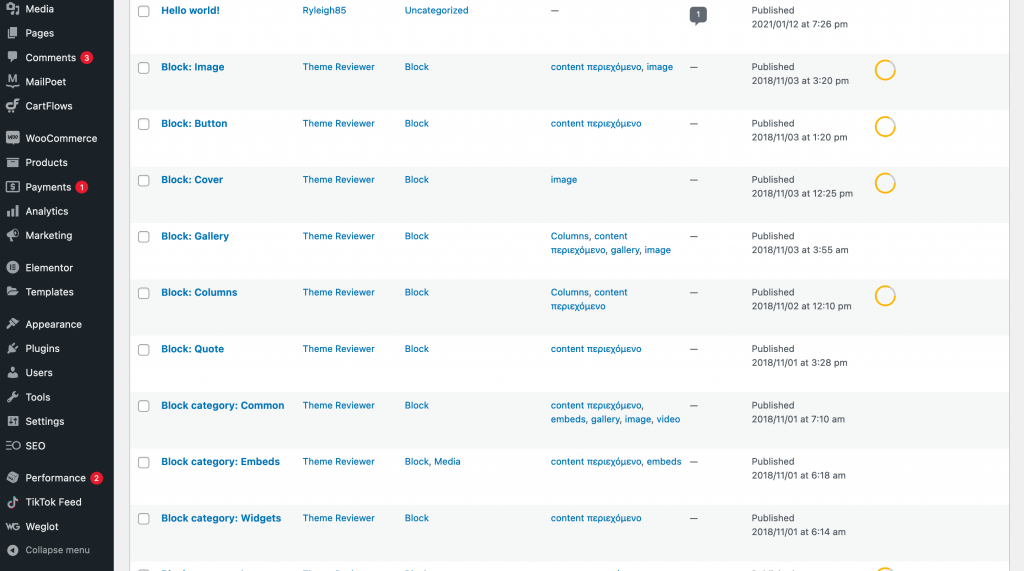
Getting Started with WordPress: An Introduction to Elementor
In today’s digital landscape, having a website is essential for businesses and individuals alike. WordPress stands out as a leading platform, enabling users to transform their ideas into fully functional websites with minimal hassle. With over 43% of all websites built on it, WordPress is open-source, allowing anyone to use and contribute to its development.
What is WordPress?
WordPress is a powerful Content Management System (CMS) that simplifies the process of creating and managing websites. It offers an intuitive interface for users to publish content easily, making it accessible even for those without technical expertise.
Key Features of WordPress
- Themes: These control the visual appearance of your site, often adding additional functionalities as well.
- Plugins: A vast ecosystem of plugins enables you to enhance your website’s capabilities, covering virtually any requirement you may have.
Being open-source, WordPress allows users with coding skills to customize their sites further. This flexibility makes it suitable for a wide range of applications, from simple blogs to complex business websites.
Common Misconceptions About WordPress
To fully appreciate WordPress, it’s important to clarify a few misconceptions:
- WordPress is completely free: While the core software is free, running a website incurs costs for hosting, domain registration, and possibly premium themes or plugins.
- WordPress is easy for everyone: Although the basics are user-friendly, mastering more advanced features requires a deeper understanding.
- WordPress.com and WordPress.org are identical: These are distinct platforms; WordPress.com is a commercial service, while WordPress.org is the self-hosted, open-source option.
A Brief History of WordPress
Launched in 2003 by Matt Mullenweg and Mike Little, WordPress was created to offer a reliable platform for website publishing. Over the years, it has undergone numerous updates, introducing significant features like custom menus and the Block Editor.
Originally simple, WordPress has evolved to support:
- Custom themes for enhanced design and functionality.
- An extensive range of plugins to go beyond basic content.
- Custom Post Types for specific content needs, like restaurant menus or recipe blogs.
- A flexible taxonomy system for organizing content effectively.
The Advantages of Using WordPress
WordPress offers numerous benefits for website creation:
- Rapid deployment of websites without unnecessary complications.
- Robust security measures that are regularly updated.
- A large repository of themes and plugins to customize your site.
- A supportive community of developers and users for troubleshooting and advice.
- Scalability to accommodate projects of all sizes, from personal blogs to large corporations.
- No coding experience is required, yet advanced users can leverage custom coding if desired.
Comparing WordPress to Other Website Builders
While WordPress is a popular choice, it’s not the only option available. Other website builders provide all-in-one solutions, but may limit your control over content ownership. With WordPress, your content remains yours, making transitions to different platforms much easier if needed.
Is WordPress Right for You?
WordPress’s flexibility and extensibility make it suitable for a variety of projects, whether you’re creating a simple blog or a sophisticated website. The open-source nature of the platform ensures that you can manage your data and content as you see fit, making it an ideal choice for many users.
As you begin your journey with WordPress, you’ll discover its vast potential. In upcoming lessons, we’ll delve deeper into its features and guide you through launching your first website.

